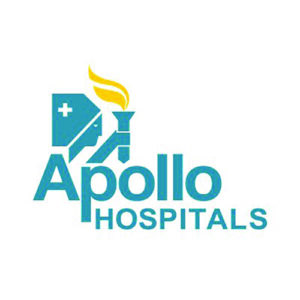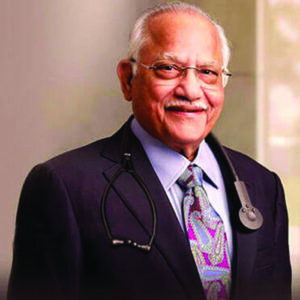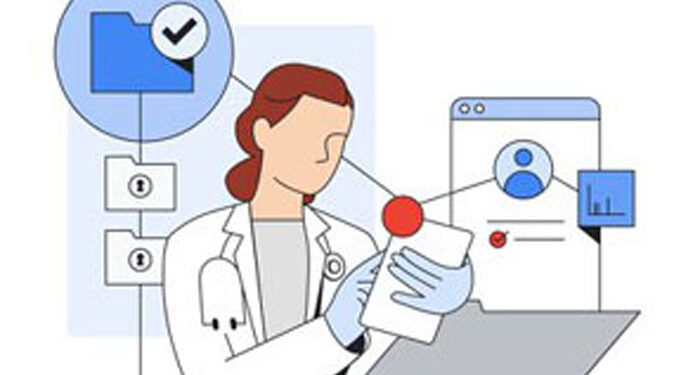NE HEALTH BUREAU
CHENNAI, FEB 6

The Apollo Hospitals group, one of Asia’s largest and the most trusted healthcare providers, on Monday has announced the launch of Apollo Clinical Intelligence Engine- a clinical decision support tool, to be open to use by all India doctors on Apollo 24|7’s platform. Developed using the latest techniques in AI and ML, this tool is all set to revolutionise Indian healthcare by exponentially elevating the accuracy of diagnosis, doctor productivity and patient satisfaction, all in one go.
- Apollo CIE is designed to support clinical decisions and assist with primary care, condition management, home care, and wellness
- Apollo CIE will be available to every qualified, practicing doctor in India
- As I turn 90, I am grateful to have had the opportunity to have built one of Asia’s largest omnichannel healthcare ecosystem: Dr Prathap C. Reddy, Chairman, Apollo Hospitals Group
The Clinical Intelligence Engine is capable of analysing vast amounts of data to help healthcare professionals identify patterns which may be missed otherwise. Numerically speaking, the intelligence engine has over 1300 conditions and 800 symptoms in its vocabulary, covering 95% of everyday case mix in OPDs. Built by over 100 engineers, using 40 years of data from Apollo and the collective intelligence of 1000s of doctors along with supporting data from peer-reviewed journals, it is among the largest connected health data lakes in the world, which has been tested and validated by quite a few global academic institutions.
Designed specifically for the South Asian Region mix, this indigenous breakthrough is powered by a knowledge base built, maintained and periodically reviewed by an in-house team of more than 500 Apollo doctors and specialists. It helps and support differential diagnosis situations as well, enabling doctors to be more prompt and precise for better clinical outcomes.

Dedicating the Apollo Clinical Intelligence Engine to all doctors, Dr Prathap C. Reddy, Chairman, Apollo Hospitals Group said, “As I turn 90, I am grateful to have had the opportunity to have built one of Asia’s largest omnichannel healthcare ecosystem. But it has always been my wish to do more to make India truly healthy, especially when we face a huge tsunami of non-communicable diseases (NCDs) such as diabetes, heart disease and cancer. When my team conceptualized the Clinical Intelligence Engine, I knew it was a breakthrough that would revolutionize healthcare as we know it. The CIE could not be restricted to Apollo but needed to be shared with doctors across India. I am therefore happy to offer the Apollo CIE to every qualified, practicing doctor in India I am sure that together, we will be able to make Indians healthier through timely and more accurate diagnosis independent of geographical, regional or income divides.”

“The launch of the game-changing Apollo Clinical Intelligence Engine is a major milestone for us at Apollo Hospitals,” said Sangita Reddy, Joint Managing Director, Apollo Hospitals Group. “When we empowered Apollo doctors with CIE in OPDs a few months back, we found a tangible improvement in the accuracy of diagnosis, doctor productivity and patient satisfaction. Currently more than 4000 Apollo doctors are using it and have seen a considerable impact in their diagnosis outcomes; it has become a part of their routine OPD operations. We are committed to using technology to improve the healthcare experience for patients and physicians, and the Apollo CIE is a testament to that commitment.”
The Apollo CIE also increases the scale of operation for healthcare providers by helping organisations meet the multi-channel demand for access with safe, clinically validated health interactions via the Symptom Checker and doctors equipped with this expert clinical knowledge system. Apollo CIE analyses users symptoms, determines the cause and recommend next best actions. The CIE is a self-learning engine that helps doctors stay abreast with access to an ocean of knowledge. Last year alone, the CIE has been able to take into considerations over 6,00,000 new developments as result of clinical papers that get released.












